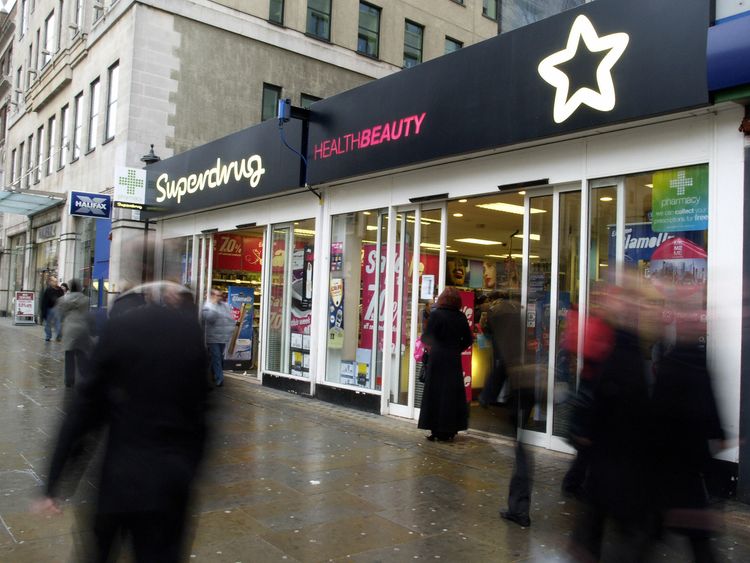Superdrug Botox customers face tougher mental health checks
Professor Stephen Powis, NHS England medical director, contacted the pharmacy chain after it announced it would be offering cosmetic procedures such as Botox and filler treatments on the high street.
In response, Superdrug has put in place additional checks to protect those suffering from anxiety about their body or another mental health condition, including a 14-day cooling off period.
However, the Royal College of Nursing (RCN) has questioned how robust the safeguards will be and how the security of patient data will be ensured.
There is currently no statutory regulation of private cosmetic surgery.
Prof Powis said: “Pressures on young people’s mental health are greater than they ever have been, with families and the health service too often left to pick up the pieces.
“The lack of tough checks on cosmetic surgery means that the public is dependent on businesses taking voluntary steps to get their house in order, leaving people avoidably exposed to dangerous practices.
“Businesses that take action to deal with people responsibly, work to prevent harm and set themselves a high bar for their practices should make others follow suit.”
Superdrug said in a statement: “We remain fully committed to including recommended protections for mental health.
“We met with the NHS to ensure we have the highest safety standards and quality of patient care.
“We’ve always assessed a patient’s mental health as part of our skin renew consultation process.”
The firm added: “Our consultations last an hour to allow our nurse practitioners time to undertake a full and extensive consultation.
“This enables us to ensure we understand our patients’ reasons for wanting aesthetic treatments.
“It also flags to our team any risks or concerns related to a patient’s mental health.”
Superdrug currently offers Botox and dermal fillers for people aged 25 and over at its flagship store in London as part of a trial that could be rolled out to other stores.
Mental health minister Jackie Doyle-Price said “the desire to change appearance can be symptomatic of a mental disorder”.
She said: “I expect all those who administer cosmetic procedures to take appropriate steps to protect their customers.
“I am becoming very concerned at the growth of risky cosmetic procedures being delivered by poorly regulated practitioners.”
Dr Agnes Ayton, vice chair of the eating disorders faculty at the Royal College of Psychiatrists, said: “It would be helpful if the cosmetic surgery business had appropriate regulation rather than relying on voluntary arrangements.”
Source: Read Full Article



